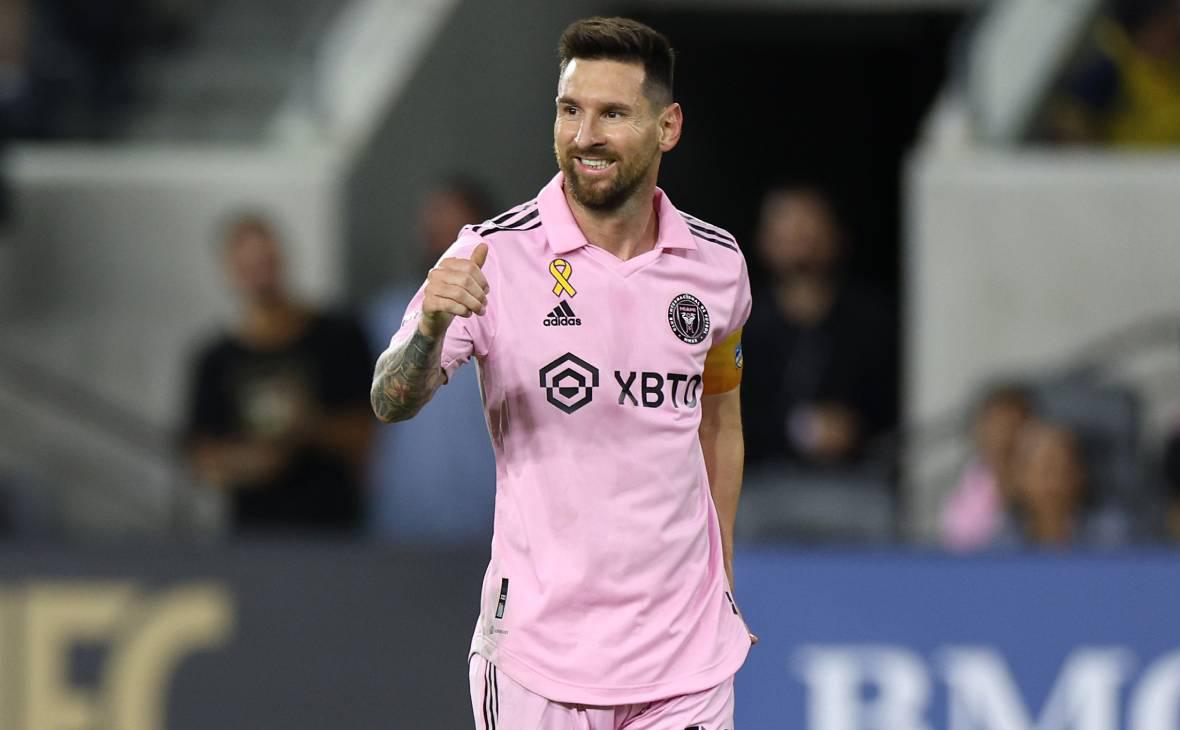The recent exhibition match between Inter Miami and Paris Saint-Germain offered a stark, perhaps uncomfortable, glimpse into the realities of building a football team primarily around the gravitational pull of a global superstar. While the presence of Lionel Messi and his familiar former Barcelona teammates guarantees attention and sparks moments of undeniable individual brilliance, the 4-0 scoreline against a dynamic PSG side highlighted significant structural and tactical vulnerabilities that echo past challenges faced by teams heavily reliant on Messi`s singular genius.
From a tactical perspective, the encounter felt less like a contest and more like a demonstration of contrasting team philosophies. PSG, despite not being at peak competitive intensity, showcased fluidity, athleticism, and cohesive off-ball work. Inter Miami, conversely, often appeared disjointed, particularly in defensive transitions and positional discipline. Basic defensive principles, such as guarding the back post during wide attacks or organizing effectively for set pieces – areas where Inter Miami has shown fragility even in MLS – were ruthlessly exposed by a European elite side.
For observers familiar with the latter years of Messi`s tenure at Barcelona or his brief period at PSG, this dynamic feels uncomfortably familiar. Those teams, while featuring immense attacking talent, often struggled for tactical balance. There was a noticeable lack of defensive cohesion, an over-reliance on individual moments to break deadlocks, and a perceived difficulty in pressing or controlling games without possession. Inter Miami, by prioritizing the reunion of 30-something legends over recruiting athletes capable of providing consistent energy and tactical support around Messi, appears to have replicated some of these very issues.
The decision to surround Messi with former colleagues, while perhaps appealing from a comfort or marketing standpoint, raises questions about strategic foresight. Football at the highest level today demands relentless pressing, rapid transitions, and players capable of covering significant ground defensively. While reunions are heartwarming, football pitches demand more than sentimentality; they demand legs, stamina, and tactical rigidity. The current Inter Miami roster, talented as it is in flashes, seems strategically disadvantaged in these crucial areas when stepping up in class.
Make no mistake, flashes of Lionel Messi`s unparalleled genius remain. A moment of breathtaking vision or an impossible pass can still conjure excitement and unlock defenses. However, these moments of individual brilliance occur within a system that struggles to support them consistently against opponents who are tactically sound and physically dynamic. The game has evolved, demanding more than just individual magic; it requires a functioning, cohesive unit where every player contributes to the collective structure.
The Inter Miami experiment, while a commercial triumph and a significant boost for MLS visibility, faces a fundamental challenge on the pitch. The discomforting truth revealed against PSG is that surrounding the greatest player with familiar faces, rather than necessary athleticism and tactical rigidity, creates a team built for moments of nostalgia and individual flair, but not for enduring resistance against the global elite. The 4-0 defeat serves as a sobering reminder that star power alone, especially when paired with past glories, is insufficient against the well-drilled realities of modern top-tier football.

